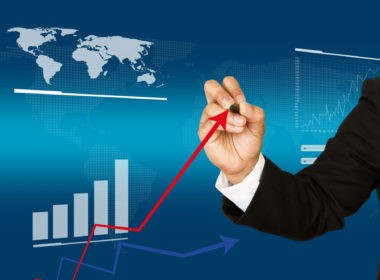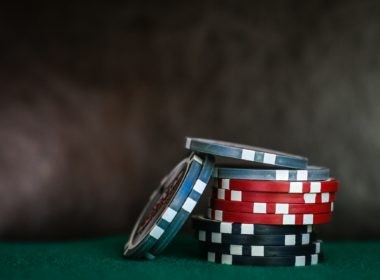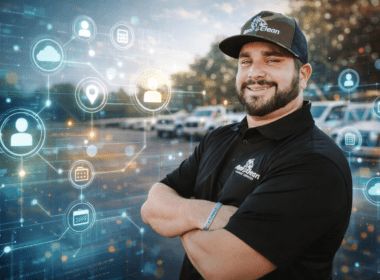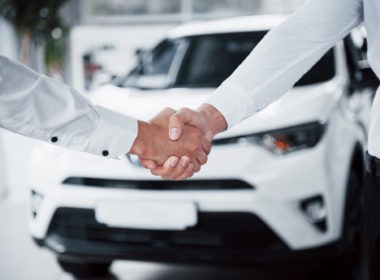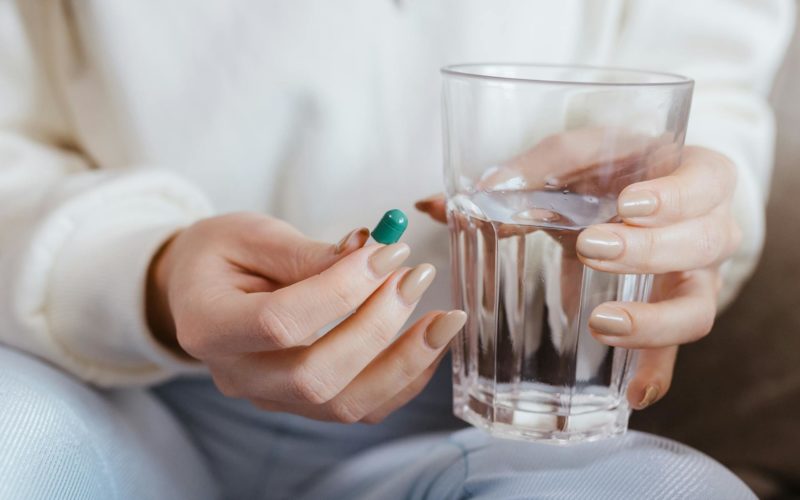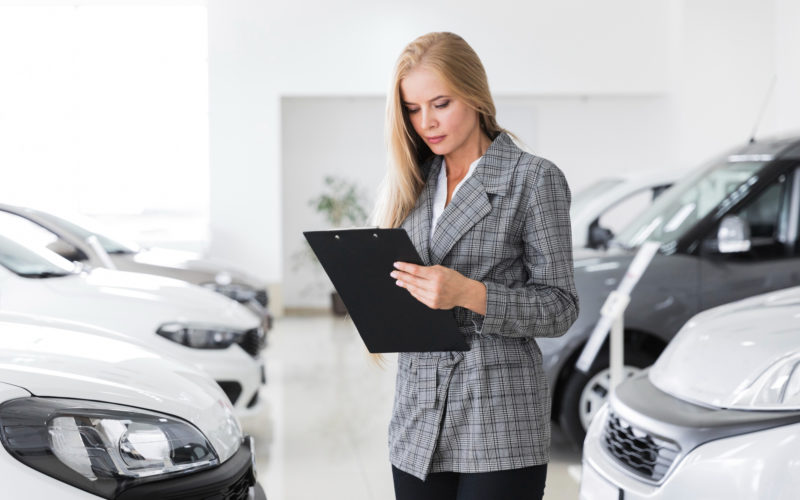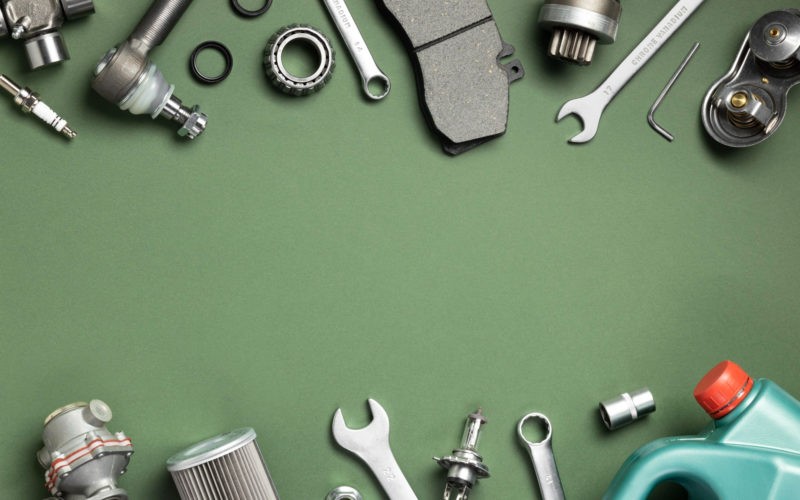Picture this. You’ve finally found a supplement that helps you focus. No jitters, no afternoon crash. You order a few extra bottles online so you don’t run out. Then weeks later, instead of a package on your doorstep, you get a polite but slightly ominous letter from customs: “Seized — unapproved substance.”
That’s the headache of nootropics. They promise sharper thinking and better focus, but the laws that govern them? All over the place. What’s considered harmless in one country might be treated like a narcotic in another.
And the rules? Well, let’s just say they’re not exactly straightforward.
Why the Laws Feel So Inconsistent
Global nootropic laws aren’t just inconsistent, they’re a tangled web of contradictions. The FDA in the U.S. won’t approve piracetam as a supplement.
The UK allows modafinil only by prescription. India? You can sometimes walk into a pharmacy and pick it up with no questions asked. Meanwhile, Japan might stop you at the airport for carrying the exact same blister pack.
Take the case of modafinil. It’s prescription-only in the U.S. and U.K. But if you carry it into Japan without authorization? You’re treated almost like you’re trafficking something far more dangerous. And that’s not unique. Health authorities note that countries often classify popular nootropics differently, leading to inconsistent rules across borders.
Another example? Piracetam. Popular in Europe, basically a ghost in the U.S. — not banned, not approved, just floating in legal limbo.
If you’ve ever wondered what’s legal where, guides like this one on global nootropic laws help paint the picture. The short version? Classification rules. If your government sees something as a “dietary supplement,” you’re good. If they call it a “drug,” you’re in murky waters.
The Big Divide: Supplements vs. Synthetics
Here’s where things get even murkier. The nootropic world isn’t one thing, it’s split between natural enhancers and synthetics.
- Natural supplements: Natural ones (think ginkgo, rhodiola, L-theanine) are usually fine. You’ll find them on health store shelves.
- Synthetic enhancers like modafinil or racetams? Much trickier. These often require prescriptions or aren’t legally recognized at all.
- And then there’s the gray zone; substances that some countries tolerate but don’t officially classify. That’s where most confusion happens.
It’s this in-between category that catches people off guard. You think you’ve bought a supplement, but your government sees it as an unapproved drug.
Why People Keep Chasing the Edge Anyway
If this all sounds like too much hassle, you might wonder why people still bother. Simple: because the demand is massive. The global nootropics market was valued at around $10.3 billion in 2022 and is projected to reach over $32 billion by 2030. Clearly, people want an edge.
Imagine a software developer in San Francisco pulling twelve-hour days before a product launch. Coffee jitters won’t cut it. She hears about modafinil — better focus, less fatigue. It’s not rebellion driving her; it’s survival. That’s the story regulators rarely acknowledge: ordinary people trying to keep up with extraordinary demands.
Safer Paths: Legal Enhancers That Work
Not all enhancers are risky.
Some are universally legal and surprisingly effective. Caffeine, creatine, L-theanine, omega-3 fatty acids — these have decades of research and little controversy.
Take L-theanine. On its own, it’s calming. Pair it with caffeine, and studies show a 10–15% boost in focus and reaction time compared to caffeine alone. No seizures at customs, no warning letters from border officials, just better concentration with your morning coffee.
What You Can Do to Stay Out of Trouble
So, where does this leave you? Somewhere between curiosity and caution. If you’re interested in nootropics:
- Learn the local laws where you live.
- Double-check import rules before buying online.
- Remember: “natural” doesn’t always mean “legal.”
And yes, boring lifestyle stuff counts. A full night of sleep, hydration, and a walk in the sun? They outperform half the pills people chase. It’s just harder to put that in a capsule.
The Takeaway
The nootropics industry is booming, with forecasts pointing to strong growth over the coming years. With that growth comes excitement, hype, and, yes, plenty of confusion.
But the smartest path isn’t the riskiest one. Stick with enhancers that are proven, safe, and legal. Because there’s nothing “cognitive” about stressing over whether your brain booster just landed you on a customs watchlist.
Sometimes the clever move isn’t taking the strongest pill. It’s taking the legal, reliable one that keeps your head clear — in every sense.


